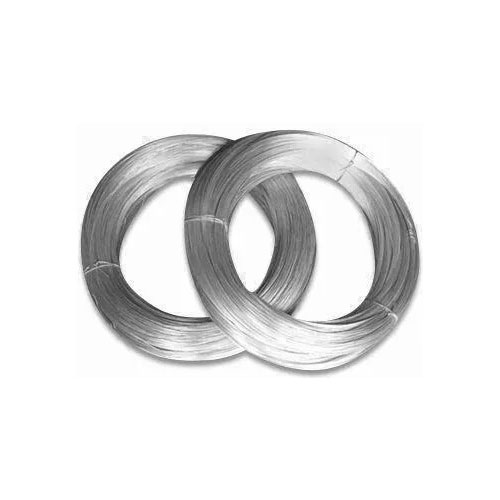Why Is Stainless Steel Wire Used In Medical Applications
2025-10-30
When lives depend on material performance, the choice becomes critical. Stainless Steel Wire is a cornerstone of modern medical technology, and the reasons are rooted in its unparalleled combination of properties.
The primary grades used in medical settings are 304 and, more commonly, the superior 316L. These alloys provide the necessary safety and reliability.
Key Properties That Make It Indispensable
-
Superior Corrosion Resistance: It withstands repeated sterilization and exposure to harsh bodily fluids without degrading.
-
High Tensile Strength: Offers the perfect balance of strength and flexibility, crucial for devices that must perform under stress.
-
Excellent Biocompatibility: The passive surface layer does not react with human tissue, preventing adverse immune responses.
-
Ease of Sterilization: It can undergo repeated high-temperature autoclaving, gamma radiation, and chemical sterilization without losing its properties.
DINGYAN specializes in producing medical-grade Stainless Steel Wire that meets these rigorous demands. Our product parameters are tailored for critical applications.
| Parameter | DINGYAN Medical Grade 316LVM | Why It Matters in Medicine |
|---|---|---|
| Grade | 316LVM (Vacuum Melted) | Ensures ultra-high purity and reduced inclusions for superior performance. |
| Surface Finish | Mirror Finish (Ra < 0.2 µm) | Minimizes bacterial adhesion and facilitates easy cleaning. |
| Diameter Range | 0.05 mm - 2.0 mm | Suits everything from micro-surgical tools to orthopedic cables. |
FAQ About Stainless Steel Wire in Medicine
What makes a Stainless Steel Wire "medical grade"
Medical-grade Stainless Steel Wire, like that produced by DINGYAN, undergoes vacuum melting to achieve extreme purity and has a controlled surface finish to prevent micro-inclusions that could host contaminants.
Can medical Stainless Steel Wire be used in implantable devices
Yes, specific grades like 316LVM are commonly used for temporary implants like orthopedic cables and sternal closures due to their high strength and excellent biocompatibility within the human body.
How does the corrosion resistance of 316L compare to 304 for medical use
Grade 316L contains Molybdenum, which significantly enhances its resistance to pitting corrosion in chloride environments, such as within the human body. This makes it the superior choice over 304 for most invasive medical applications.
Your commitment to quality and patient safety requires a supply partner you can trust. DINGYAN provides the certified, high-performance Stainless Steel Wire that medical innovation is built upon.
Contact us today to discuss your specific application requirements and request certification details for our medical-grade wire solutions.



